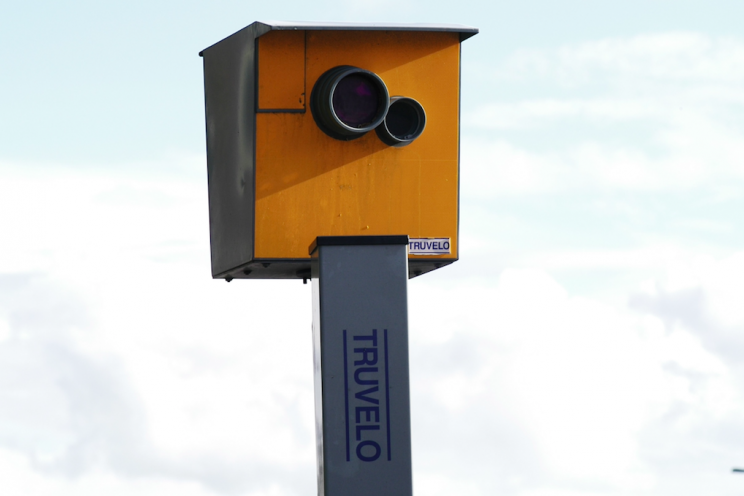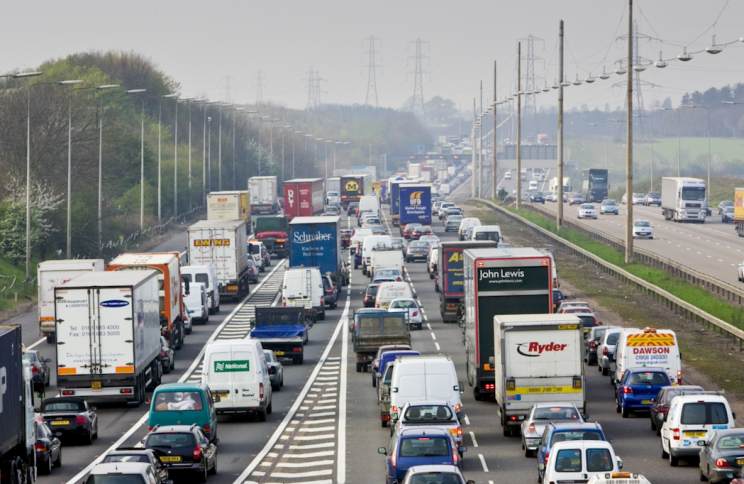Speed limit on the M1 could be cut to 60mph to tackle pollution

Cars who go above 60mph on the M1 could face fines after proposals were made to drop the speed limit in an effort to combat pollution.
Highways England have put forward plans to cut the speed limit between junctions 32 and 35a, near Sheffield in South Yorkshire, the busiest stretch of the motorway.
If the trial is successful, it will pave the way for the first pollution-linked speed limit in Britain to be enforced every day between 7am and 7pm.
And anyone caught going above the 60mph on that particular stretch of the road, which goes past schools and homes, could face a fine.

MORE: Man fined £4,300 after calling wheelchair-bound boy, 8, a “fat pig” on Facebook
MORE: Secret Service forces Donald Trump to ditch his Android phone
The proposal would be introduced to make sure there is “no significant adverse impact on local air quality”, according to a Highways England report.
It said: “In order to ensure that there is no significant adverse impact on local air quality, it is proposed to implement a maximum (mandatory) 60mph speed limit on this section of the M1 in place of the current national speed limit.
“The proposal is that a maximum mandatory speed limit of 60mph will operate at certain times of the day on the M1 between junctions 28 and 35a when the managed motorway – all lane running schemes are complete.”

Some 120,000 vehicles use this particular stretch of the motorway every week, according to engineering consultancy firm Mouchel.
It is thought that reducing the speed limit would stop motorists accelerating and decelerating too quickly, cutting the amount of emissions released into the environment.
However, motoring groups have lashed out at the proposals, insisting they would anger motorists who were not necessarily to blame for the pollution.
An AA spokesman told the Guardian: “There will be a section of car users, who will see that this is not safety-related, and that they are being penalised for emissions that are likely to have come from other sources as well.
“That same section will say they pay billions of pounds in taxes… and if we’re contributing that amount of money why isn’t it being spent on the road network to deal with the issues?”
Highways England said the proposals were one of a range of options to be trialled.
A spokesperson added: “One of our key challenges in delivering the £15bn government investment in infrastructure is tackling the issue presented by air quality and in order to meet environmental targets we are investing in wider programme of air quality research to help address this.”

 Yahoo News
Yahoo News 


